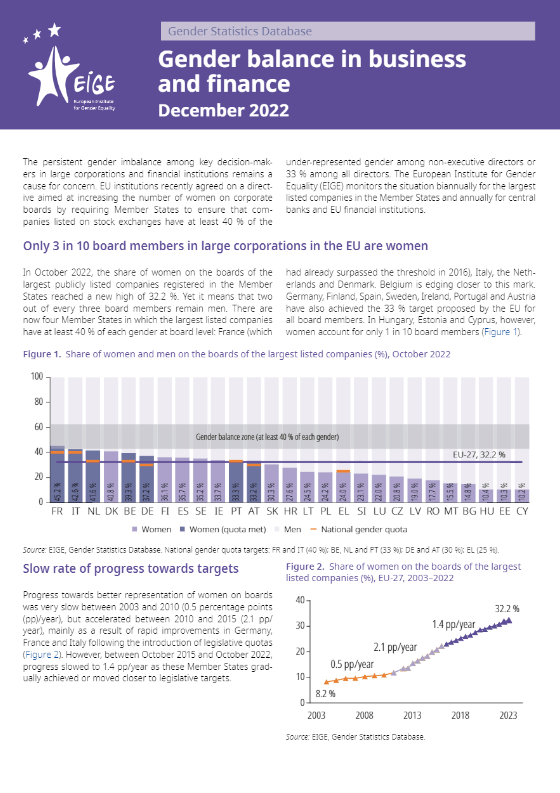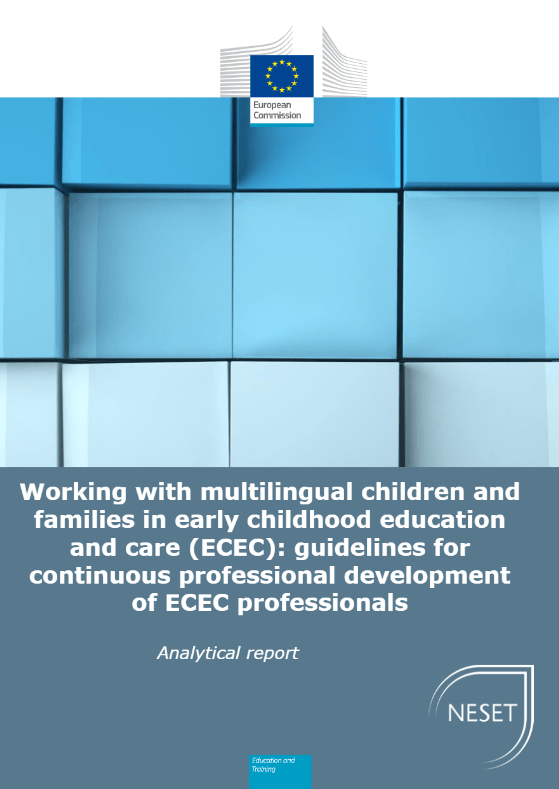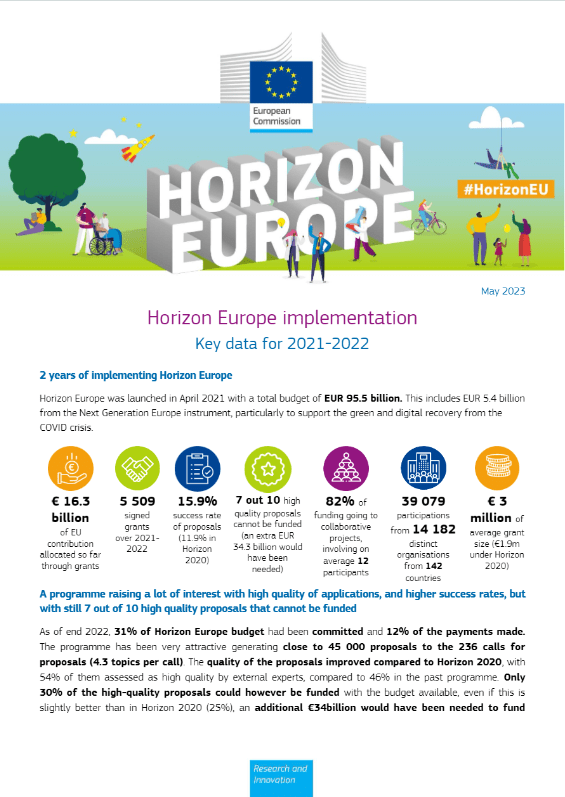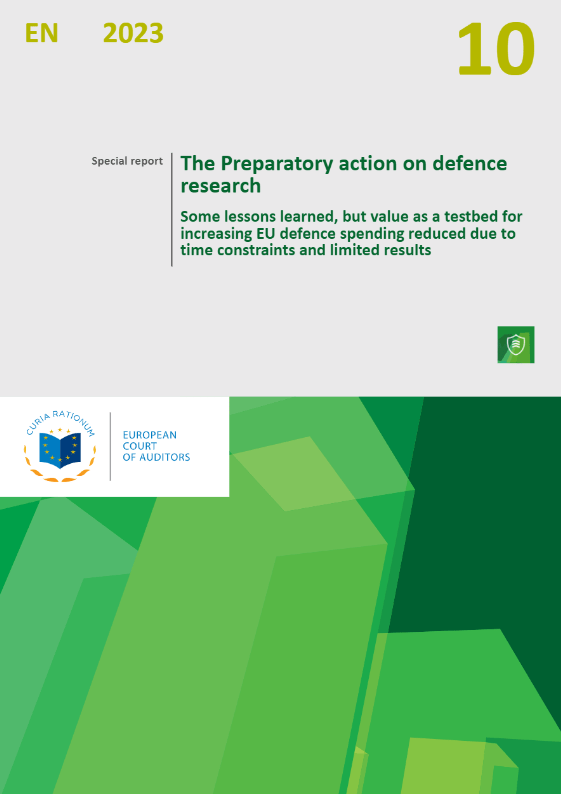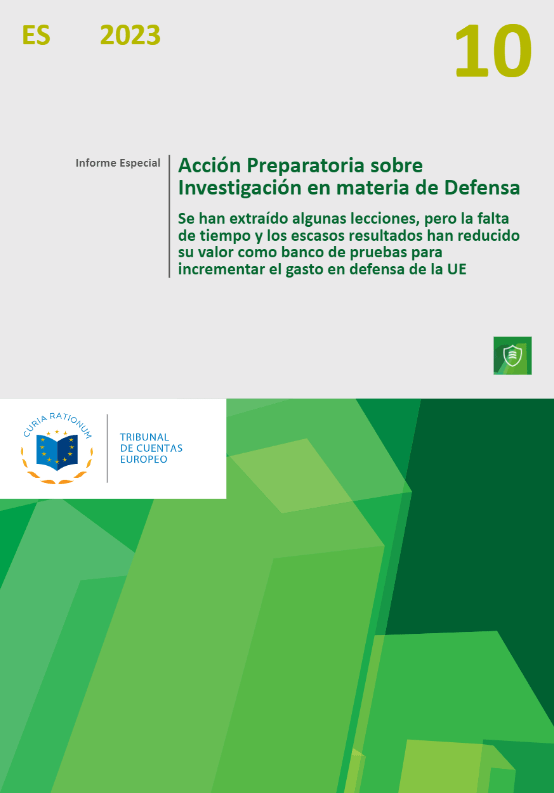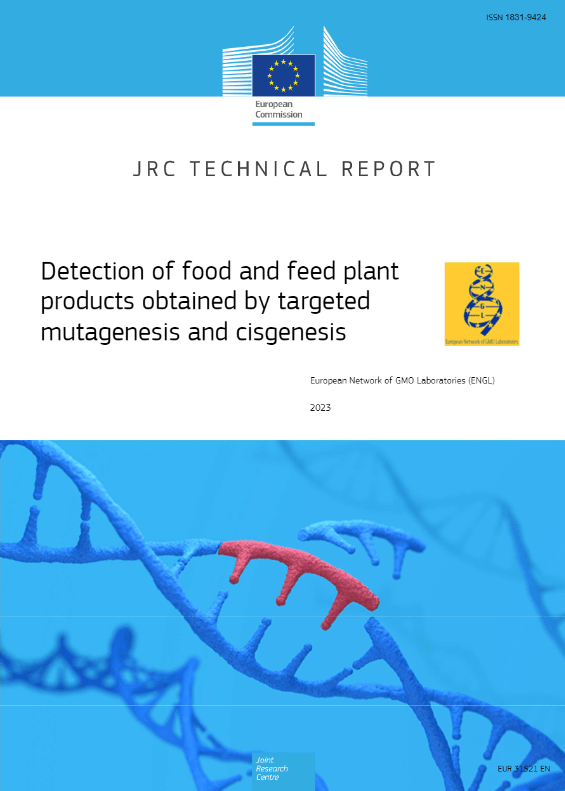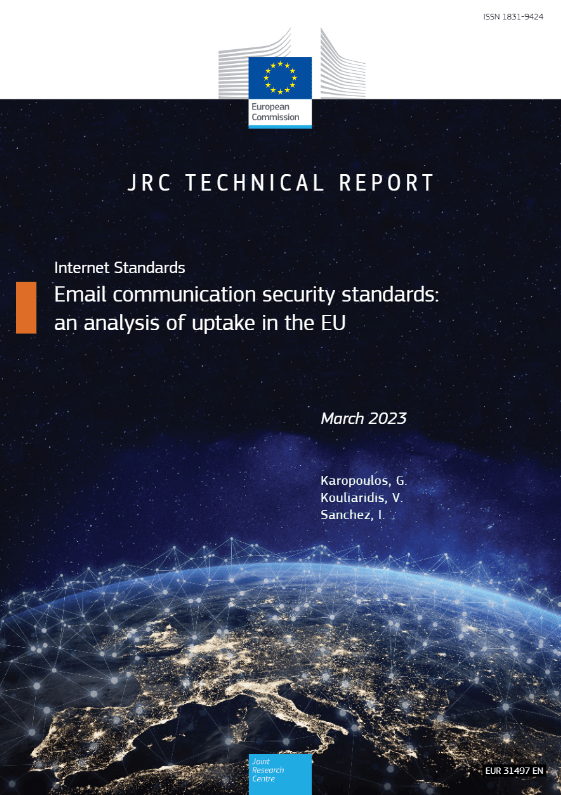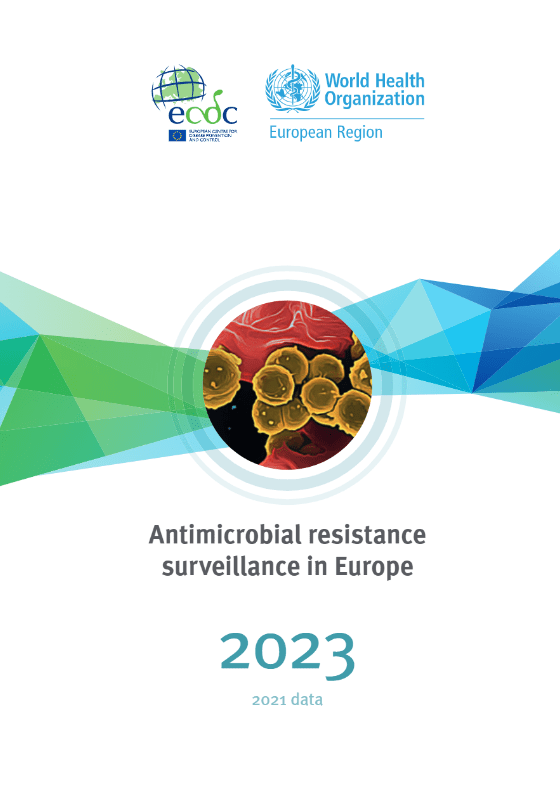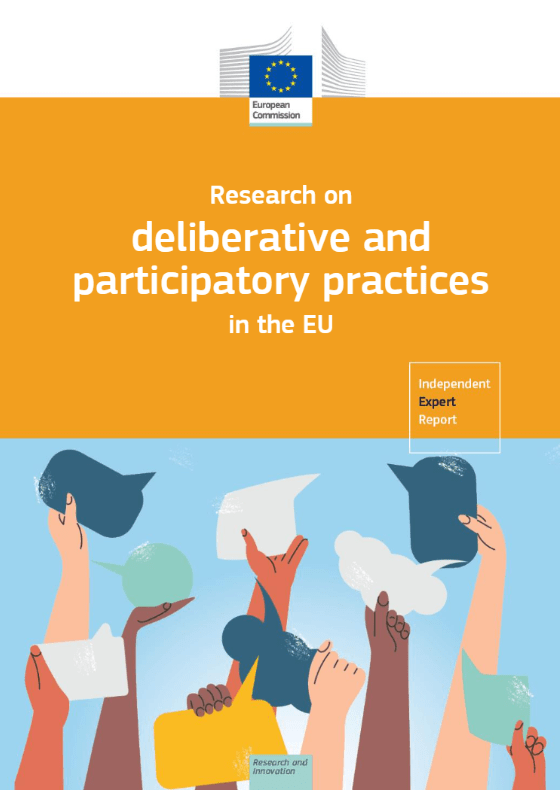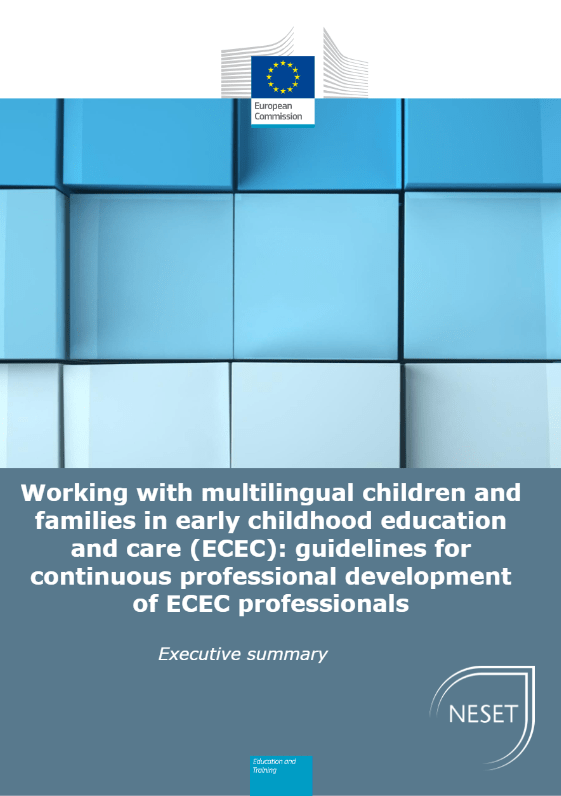
The persistent gender imbalance among key decision-makers in large corporations and financial institutions remains a cause for concern. EU institutions recently agreed on a directive aimed at increasing the number of women on corporate boards by requiring Member States to ensure that companies listed on stock exchanges have at least 40 % of the under-represented gender among non-executive directors or 33 % among all directors. The European Institute for Gender Equality (EIGE) monitors the situation biannually for the largest listed companies in the Member States and annually for central banks and EU financial institutions.
[Leer Más]An increasing number of children are growing up in environments in which more than one language is spoken. For many of these children, early childhood education and care (ECEC) is often their first contact with the majority language of the country in which they are growing up. This situation adds to the crucial role that ECEC professionals play in children’s education. Children from multilingual families bring an added richness to the ECEC centre. Their full language repertoire is both a resource for the child’s own holistic development, and enriches the learning experiences of the other children. Policy recommendations at European level, as well as the United Nations (UN) Convention on the Rights of the Child advocate for language learning from a young age and promotion of multilingual education in ECEC. However, multilingualism presents specific challenges for ECEC professionals. To support multilingual children and families, ECEC staff must possess complex knowledge, skills and competences, as well as an understanding of child development and early childhood pedagogy. Many ECEC professionals feel an insecurity or lack of experience about working with multilingual children and families. In addition, educational practices are often geared toward monolingualism, and approach diversity and multilingualism as a problem instead of a resource. Multilingual parents (or non-native speakers of the institutional language) may also be uncertain when faced with making choices for their child, and often face barriers to engaging in reciprocal relationships with ECEC professionals.
[Leer Más]This factsheet reports the key data of 2 years of Horizon Europe implementation for 2021-2022. In particular on funding, proposals success rates, contribution to pillars.
[Leer Más]The Preparatory Action on Defence Research (PADR) was designed as a precursor programme of the European Defence Fund (EDF). This is the ECA’s first audit in the defence area and assessed whether the PADR properly prepared the EU to significantly increase its defence spending through the EDF. We conclude that, while some lessons were learned, the value of the PADR as a testbed for increasing EU defence spending was reduced due to the time constraints and limited results available. When the EDF was launched, most PADR projects were still ongoing. We make several recommendations to help the EDF reach its objectives, in particular to design a long-term strategy to increase the use of the technology developed in the EU defence sector.
[Leer Más]La Acción Preparatoria de la Unión sobre Investigación en materia de Defensa (Acción Preparatoria) es un programa precursor del Fondo Europeo de Defensa. Esta es la primera auditoría del Tribunal en el ámbito de defensa. En ella se evaluó si dicha acción preparó adecuadamente a la UE para aumentar sensiblemente su gasto en defensa a través del Fondo Europeo de Defensa. Concluimos que, aunque se han extraído algunas lecciones, la falta de tiempo y los escasos resultados han reducido su valor como banco de pruebas para incrementar el gasto en defensa de la UE. Cuando se introdujo el Fondo Europeo de Defensa, la mayoría de los proyectos de la Acción Preparatoria se encontraban todavía en curso. Formulamos diversas recomendaciones que sirvan de ayuda para que el Fondo Europeo de Defensa alcance sus objetivos, especialmente el de definir una estrategia a largo plazo para ampliar el uso de la tecnología desarrollada en el sector de la defensa de la UE.
[Leer Más]The current EU legislation on GMOs and GM food and feed requires analytical testing to support traceability of these products on the market. The European Network of GMO Laboratories has reviewed the implications of the analytical requirements when they are applied to plant products developed with the use of new genomic techniques, i.e. targeted mutagenesis and cisgenesis. This review concluded that analytical testing to support traceability is not considered feasible for all products obtained by targeted mutagenesis and cisgenesis, both due to technical restrictions and because of implementation issues.
[Leer Más]Ensuring the interoperability and security of email communications is one of the cornerstones of a resilient and open Internet. In this context, the wide adoption of key Internet security standards, such as StartTLS, SPF, DKIM, DMARC, DANE and DNSSEC, is essential for a safe cyberspace for everyone. This report assesses the level of uptake of the above set of standards in Q1 2023 across EU Member States, comparing it to the global status. The analysis uses data from publicly available data sources and assessment tools, as well as from measurements conducted by the European Commission’s Joint Research Centre. Our findings show that the averagelevel of adoption of all standards is similar to previous measurement periods (Q1 and Q2 2022), with StartTLS, SPF and DKIM having high adoption rates in the EU (ranging from about 70 to 95%), DMARC following with medium adoption (around 50%), and DANE with DNSSEC showing very low uptake, between 1 and 4% respectively.
[Leer Más]The results presented in this report are based on antimicrobial resistance (AMR) data from invasive isolates reported to the Central Asian and European Surveillance of Antimicrobial Resistance (CAESAR) network and the European Antimicrobial Resistance Surveillance Network (EARS-Net) in 2022 (data referring to 2021). In total, 16 countries reported data to CAESAR, while 29 countries, including all of those in the European Union (EU) and two from the European Economic Area (EEA) (Iceland and Norway), reported data to EARS-Net.
[Leer Más]EU institutions are committed to guaranteeing a productive dialogue between citizens and public officials, enabling citizen participation and engagement in policymaking. EU-funded research on deliberative and participatory practices can provide insights for policymakers seeking more and better engagement with citizens. This report pursues two main objectives: to map research on deliberative and participatory practices in the EU, and identify gaps requiring further research, and to make recommendations to policymakers at all levels (EU, national, regional, and local) about possible ways forward. Specifically, the report suggests how to engage better with citizens and how to coordinate, consolidate and expand the implementation of deliberative and participatory practices, considering their multi-level dimensions in a diverse EU. Furthermore, in its conclusion, the report proposes general principles for establishing a European Charter for Citizen Participation (not included in this executive summary), which was a request emanating from the Conference on the Future of Europe.
[Leer Más]An increasing number of children are growing up in environments in which more than one language is spoken. For many of these children, early childhood education and care (ECEC) is often their first contact with the majority language of the country in which they are growing up. This situation adds to the crucial role that ECEC professionals play in children’s education. Children from multilingual families bring an added richness to the ECEC centre. Their full language repertoire is both a resource for the child’s own holistic development, and enriches the learning experiences of the other children. Policy recommendations at European level, as well as the United Nations (UN) Convention on the Rights of the Child advocate for language learning from a young age and promotion of multilingual education in ECEC. However, multilingualism presents specific challenges for ECEC professionals. To support multilingual children and families, ECEC staff must possess complex knowledge, skills and competences, as well as an understanding of child development and early childhood pedagogy. Many ECEC professionals feel an insecurity or lack of experience about working with multilingual children and families. In addition, educational practices are often geared toward monolingualism, and approach diversity and multilingualism as a problem instead of a resource. Multilingual parents (or non-native speakers of the institutional language) may also be uncertain when faced with making choices for their child, and often face barriers to engaging in reciprocal relationships with ECEC professionals.
[Leer Más]- « Anterior
- 1
- …
- 35
- 36
- 37
- 38
- 39
- …
- 1.777
- Siguiente »

